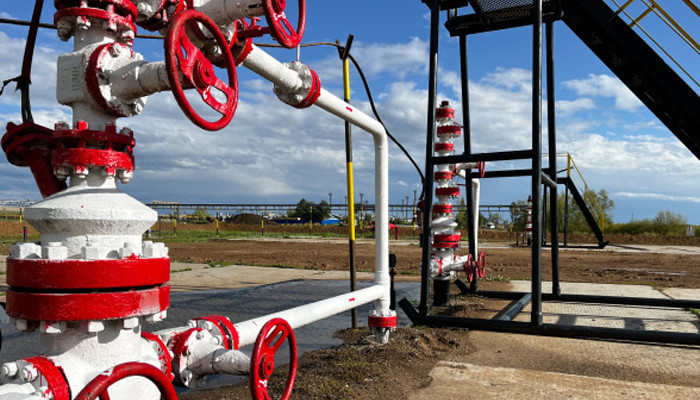EU countries agree gas price cap to contain energy crisis
 1409 Monday, 19 December, 2022, 21:18 European Union nations' energy ministers on Monday agreed a gas price cap, after weeks of talks on the emergency measure that has split opinion across the bloc as it seeks to tame the energy crisis. The cap is the 27-country EU's latest attempt to lower high gas prices that have inflated citizens' energy bills and driven record-high inflation this year after Russia cut off most of its gas deliveries to Europe. Ministers agreed to trigger a cap if prices exceed 180 euros per megawatt hour for three days on the Dutch Title Transfer Facility (TTF) gas hub's front-month contract, which serves as the European benchmark, EU officials and a document seen by Reuters showed. Ministers agreed to trigger a cap if prices exceed 180 euros per megawatt hour for three days on the Dutch Title Transfer Facility (TTF) gas hub's front-month contract, which serves as the European benchmark, EU officials and a document seen by Reuters showed. The cap can be triggered starting from Feb. 15 2023, the document detailling the final deal showed. Once implemented, the price cap would prevent trades being done on the front-month to front-year TTF contracts at a price more than 35 eur/MWh above a reference level based on existing liquefied natural gas (LNG) price assessments, two EU officials told Reuters. Germany voted to support the deal, despite having raised concerns about the policy's impact on Europe's ability to attract gas supplies in price-competitive global markets, three EU officials said. "Nobody in Germany is against low gas prices, but we know we have to be very careful not to wish for the good but to do bad," German economy minister Robert Habeck said on Monday, ahead of the meeting. Three officials said the Netherlands and Austria abstained. Both had resisted the cap during negotiations, fearing it could disrupt Europe's energy markets and compromise Europe's energy security. |

Trump ends some tariffs, imposes new 10% global one
79021.02.2026, 12:12
Washington, Tehran may discuss US access to Iran’s mineral resources
176417.02.2026, 11:20
Trump’s New World Order Is Pushing Sweden to Warm Up to the Euro
222716.02.2026, 20:24
Trump says Board of Peace members pledged over $5B for Gaza
225615.02.2026, 21:39
EU plans crypto ban for Russia, FT reports
309211.02.2026, 00:48
US Treasury Secretary says US sanctions crushed Iran’s economy and sparked protests (video)
397906.02.2026, 10:43
Elon Musk just became the first person ever worth $800 billion after SpaceX acquired xAI
395604.02.2026, 18:30
Xi Jinping calls for China’s renminbi to attain global reserve currency status
501001.02.2026, 23:05
